The future of fruits

The Future Of Fruits
Humans have been eating fruits since the dawn of their time, and those fruits are probably very different to what they are now. It’s important to recognise where things come from, but it’s just as important as to look forward and see what may be. Here, we talk about fruit now, and the future.
Growing Demand for Healthy Eating
As society has become more educated, we’ve become more aware of our own health. The high volume of studies available coupled with that information being so easily accessible, has created a more aware society. People are now concerned with their health, and have the means to learn themselves what to do. There’s countless studies and articles on how the vitamins and minerals in fruits are good for you. In fact, it’s become such an important thing that companies themselves are now trying to encourage healthy eating by ordering fruit boxes for their staff!
Vertical Farming
Vertical Farming is what it says on the tin; the idea of farming things stacked ontop of each other. Farms right now consist of having a large flat piece of land. With modern technologies however, we can stack layers on top of each other, indoors in a small space and grow produce on them. Right now, it’s got an industry of about $5.1 billion, and is expected to triple by 2028.
Most of the time, they have ‘controlled-environment agriculture’, which means the conditions within the environment can be controlled, for example the temperature or the humidity. With this, fruit/veg can be grown year-round. The biggest vertical farm in the UK is based in a warehouse in Harlow, where about 105,000 strawberry plants are grown. In order to grow this many plants, you would typically need a an area ten times the size of the warehouse that’s currently used.
This is a some-what early technology that’s still growing. In fact, there are disputes as to whether this is an effective way to farm. The start up cost can be quite high, along with the amount of energy required to run them – such as constant UV Lighting to grow the plants. If non-renewable energy is used to meet these energy demands, then vertical farms could actually produce more pollution than traditional farms or greenhouses.
Regardless, that doesn’t stop scientists and engineers alike keen to design something effective to replace traditional farming techniques.
Sustainability
The era of sustainability has been at an all time high. For the most part, people have recognised how important it is to save the Earth – the only home we’ve ever really known. Now, more than ever, it’s important to be mindful of the mark we leave behind. The Agricultural industry is the 4th highest green-house-gas emitting industry at 5.8 billion tons a year, so it’s imperative that methods are put in place to reduce this.
This is already being done – take the Vertical Farming idea from earlier. The largest one in the UK is based in a Warehouse in Harlow, and it uses renewable sources, such as solar power, to produce its energy. In fact, it uses more light than it does heat to generate its energy. It even has its own bee-colony for politization, helping with the conservation efforts of the endangered species.
New Varieties
With the climate changing, scientists are constantly trying to develop new variety of fruit. There can be many reasons to try to make new variety, from improving the taste, to making them more nutritious, and to make them more hardy and resistant the environment/diseases. These variety can be made via breeding techniques or by the controversial gene editing.
And there you have it folk…
A quick read on how fruit is changing now and in the future. It can be quite exciting to predict what can happen, and then seeing it unfold in real-time. Technology makes its mark on everything, and fruit is no different! It’s important to utilise science and engineer to make fruit tastier, healthier and more sustainable.
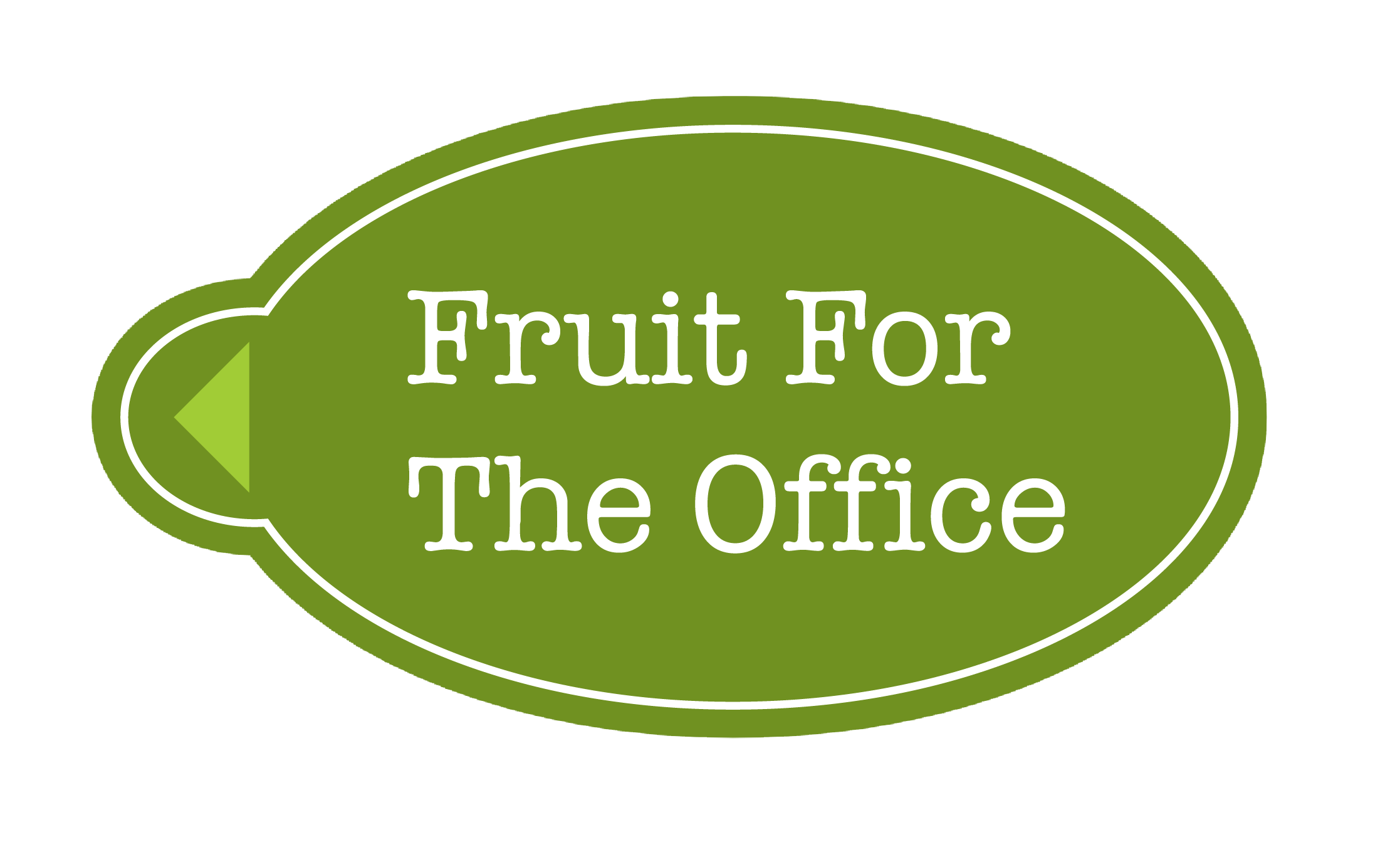

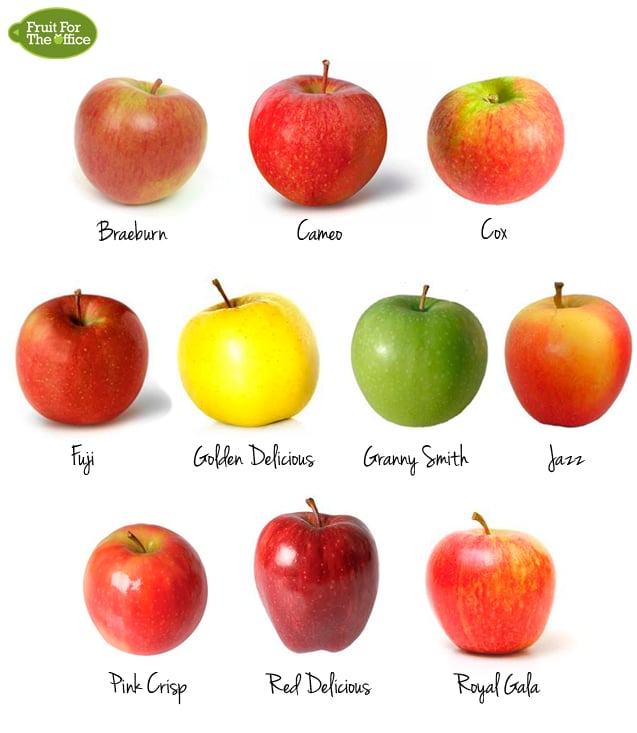
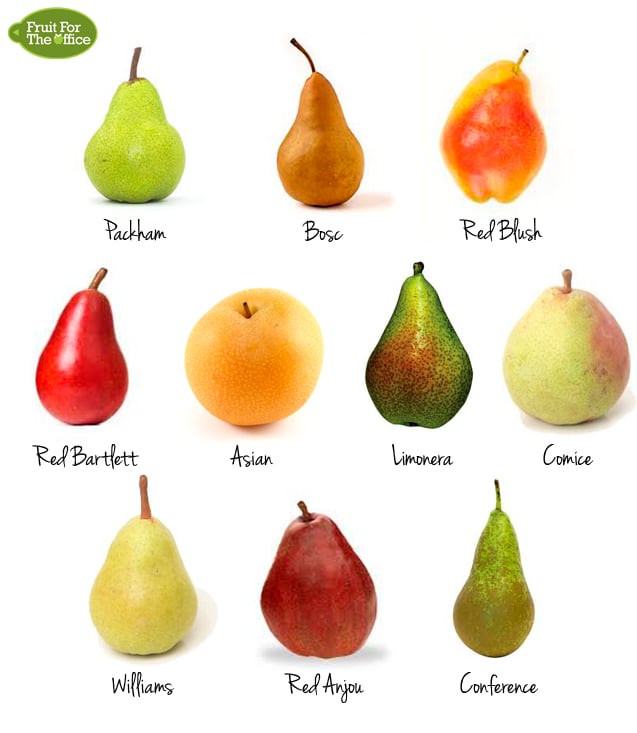





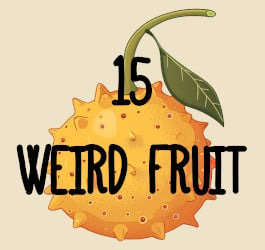
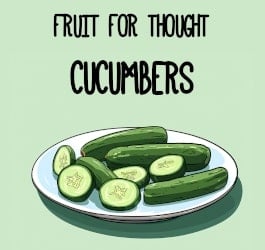
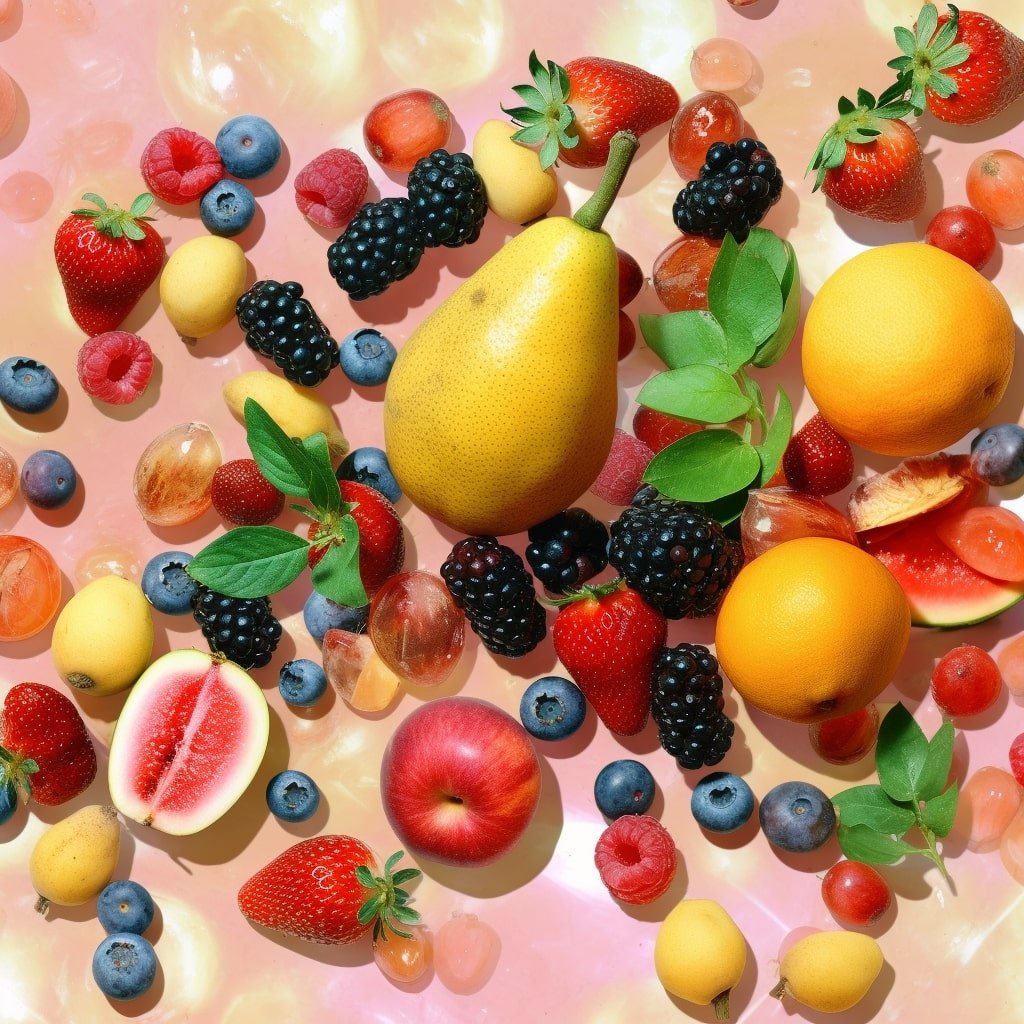

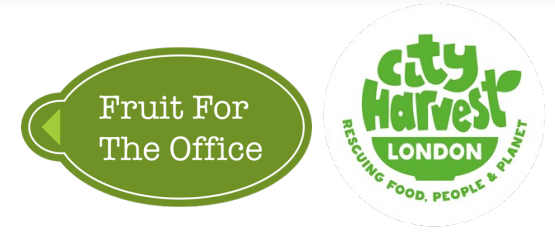
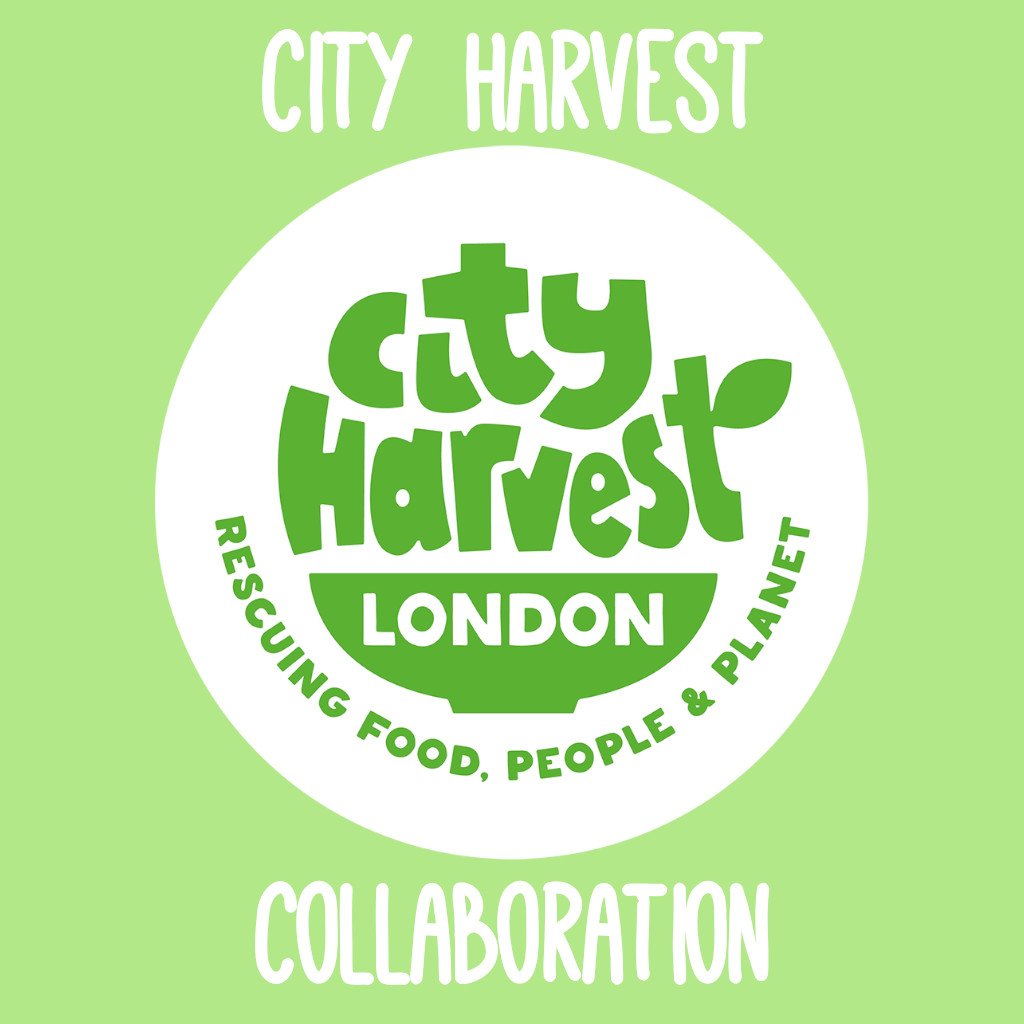
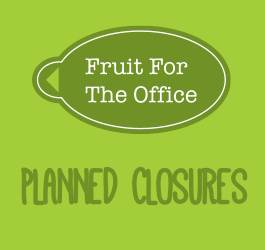

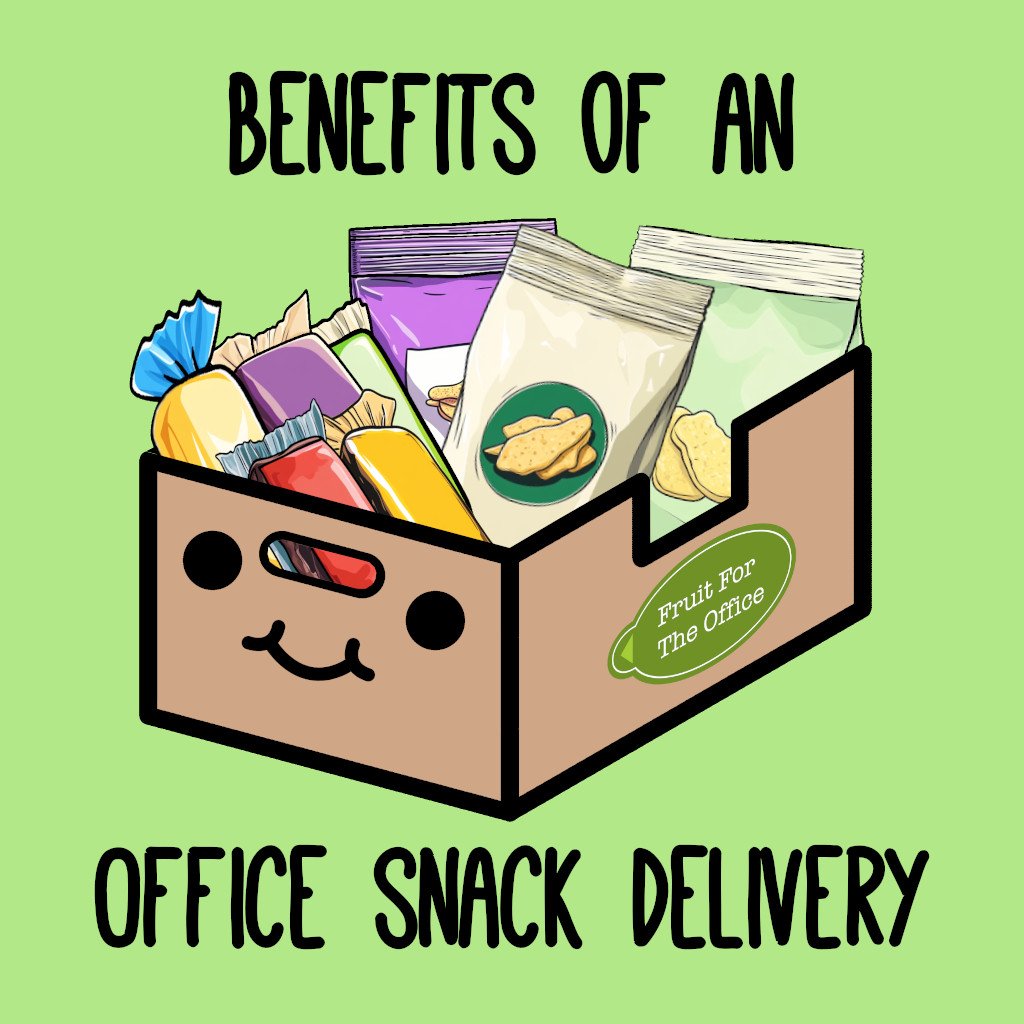

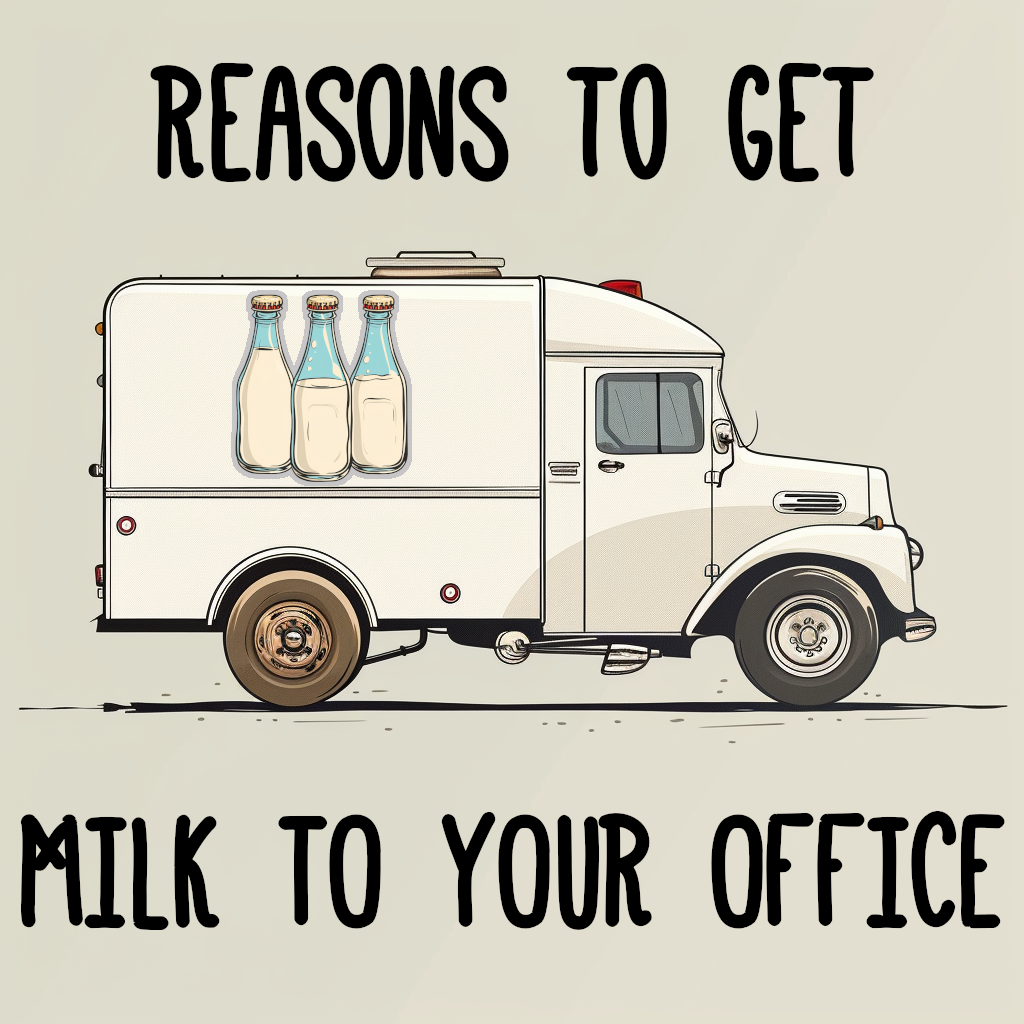
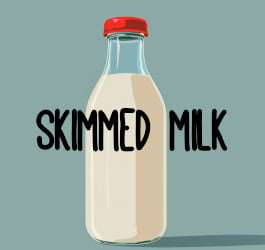
Comments